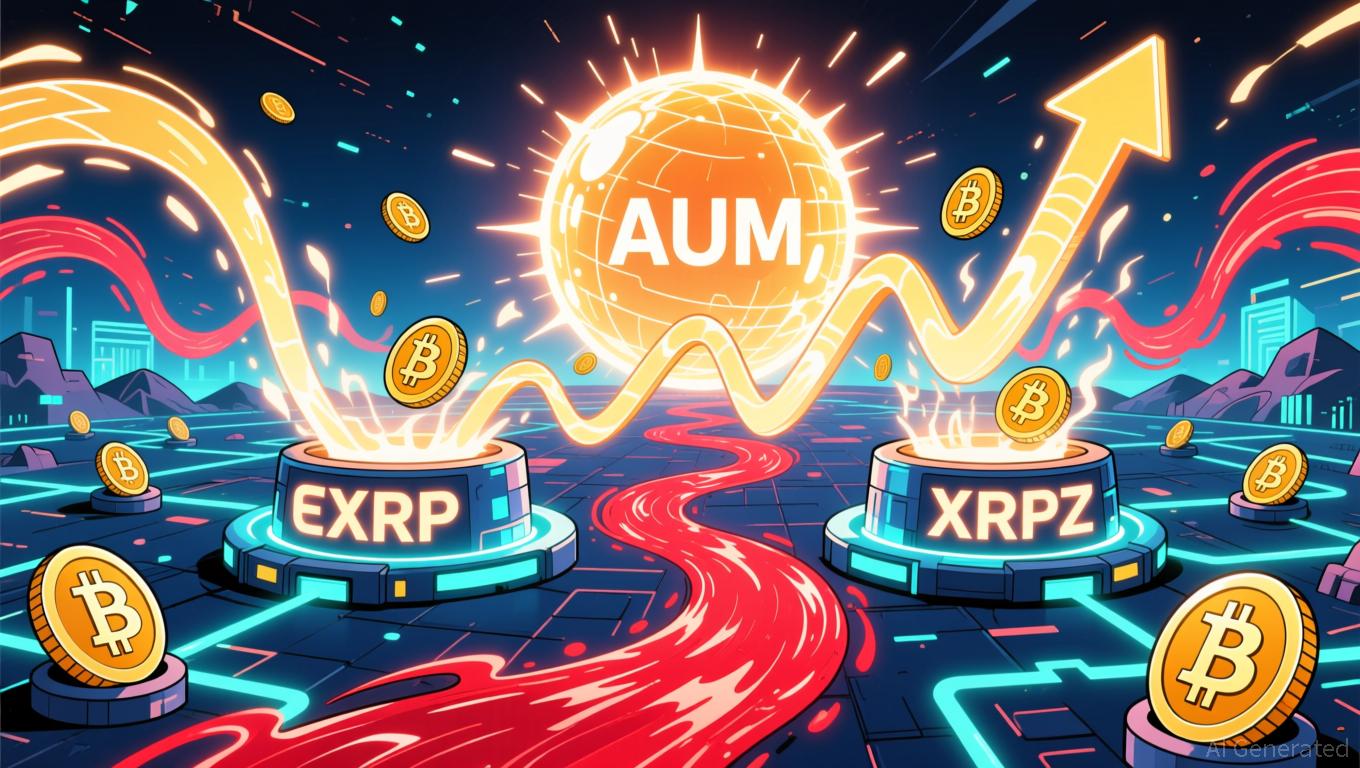The cryptocurrency scene in the United Kingdom has undergone significant evolution over the past decade, transforming from a niche interest into a substantial component of the country’s broader financial ecosystem. What began as a curiosity among tech enthusiasts has now attracted institutional investors, regulators, and traditional banks alike. As digital assets such as Ethereum and XRP gain traction, the UK finds itself at the intersection of innovation and oversight—balancing growth with responsibility.
This evolution is not just about price speculation or market trends; it’s about reshaping how financial systems function, how people interact with money, and how the UK positions itself in the global digital economy.
Ethereum’s Role in the UK Crypto Ecosystem
Ethereum has become one of the most influential digital assets within the UK’s crypto space, and for good reason. Unlike Bitcoin, which is primarily viewed as a store of value, Ethereum functions as a decentralized platform for building smart contracts and decentralized applications (dApps).
This versatility has made Ethereum a cornerstone for developers and businesses experimenting with blockchain technology across industries. From financial services to real estate tokenization and digital identity systems, Ethereum’s underlying technology is helping drive the next generation of decentralised solutions.
UK-based startups and fintech firms have been particularly active in leveraging Ethereum’s capabilities. London, long considered Europe’s financial heart, has seen a growing number of blockchain incubators and Web3 firms that use Ethereum’s infrastructure for decentralized finance (DeFi) projects, non-fungible tokens (NFTs), and enterprise solutions.
To stay informed about Ethereum’s position in the market, traders and investors can monitor live ETH GBP price movements , gaining real-time insights into how this leading cryptocurrency performs within the UK’s evolving financial environment.
XRP and the Growing Appeal of Cross-Border Solutions
While Ethereum often dominates discussions around innovation, XRP continues to hold a strong presence in the UK’s financial and fintech sectors. Designed for efficient cross-border payments, XRP offers one of the most practical use cases in the digital asset world—reducing costs and improving transaction speed for international transfers.
Ripple, the company behind XRP, has established strategic relationships with financial institutions across Europe, including in the UK. These collaborations aim to modernize global payment systems and replace outdated infrastructure that often results in high fees and long processing times.
In a market where London serves as a hub for both traditional banking and financial technology, XRP’s focus on interoperability and efficiency resonates strongly. It aligns with the UK’s vision of becoming a leading center for fintech excellence while exploring the benefits of digital currencies and blockchain-powered solutions.
Regulation and Responsibility: Building Trust in the Market
For crypto to become fully integrated into the UK’s financial system, regulation remains the key ingredient. The FCA’s registration requirements for crypto firms are a critical part of this process. Only companies that meet stringent anti-money laundering (AML) and know-your-customer (KYC) standards are permitted to operate legally in the UK.
While this may seem restrictive, it has an important upside—it fosters trust. Investors are more likely to participate in a market that is transparent, secure, and compliant with global standards.
The Bank of England has also been exploring the concept of a digital pound, sometimes referred to as “Britcoin.” This central bank digital currency could potentially coexist with private cryptocurrencies, offering both stability and accessibility within a regulated framework. Together, these developments signal a future where digital assets are not only recognized but actively supported by key financial institutions.
Institutional Adoption and Mainstream Momentum
One of the most striking changes in the UK’s crypto landscape is the growing interest from institutional players. Hedge funds, investment firms, and even pension managers are now exploring digital assets as part of their diversification strategies. Ethereum and Bitcoin remain the most popular holdings, but there’s increasing curiosity about alternative cryptocurrencies like XRP and Solana for their distinct utilities.
Moreover, several UK fintech companies now offer crypto trading, custody, and asset management services. Platforms providing access to cryptocurrencies in GBP make it easier for investors to engage with digital assets without dealing with complex conversions or offshore exchanges.
This combination of accessibility, regulatory clarity, and technological potential is helping propel crypto further into mainstream financial discussions.
Education and Innovation: Empowering the Next Generation
Beyond institutional involvement, the UK is investing in crypto literacy and innovation at the grassroots level. Universities such as Oxford, Cambridge, and the London School of Economics have introduced blockchain-related courses, fostering a new generation of developers, economists, and entrepreneurs fluent in digital finance.
Hackathons, crypto meetups, and research collaborations are also on the rise. These initiatives aim to bridge the gap between academic theory and practical implementation—ensuring that the UK not only regulates crypto but also leads in creating real-world applications that make digital assets more accessible and valuable.
The rise of decentralized finance, NFTs, and tokenized assets represents the next phase of this journey, one that the UK’s vibrant startup ecosystem is well-positioned to capitalize on.
Conclusion
Ethereum, XRP, and other digital assets are more than speculative instruments; they are catalysts driving a global shift in how value is created and exchanged. The UK’s willingness to embrace innovation while maintaining regulatory vigilance has positioned it as a model for balanced crypto development.
As blockchain adoption expands and digital assets integrate further into mainstream finance, the UK is poised to lead the charge—not by following trends, but by setting standards. Whether through innovation, regulation, or education, the country’s crypto landscape is evolving with a sense of purpose and direction that could shape the future of finance for decades to come.




